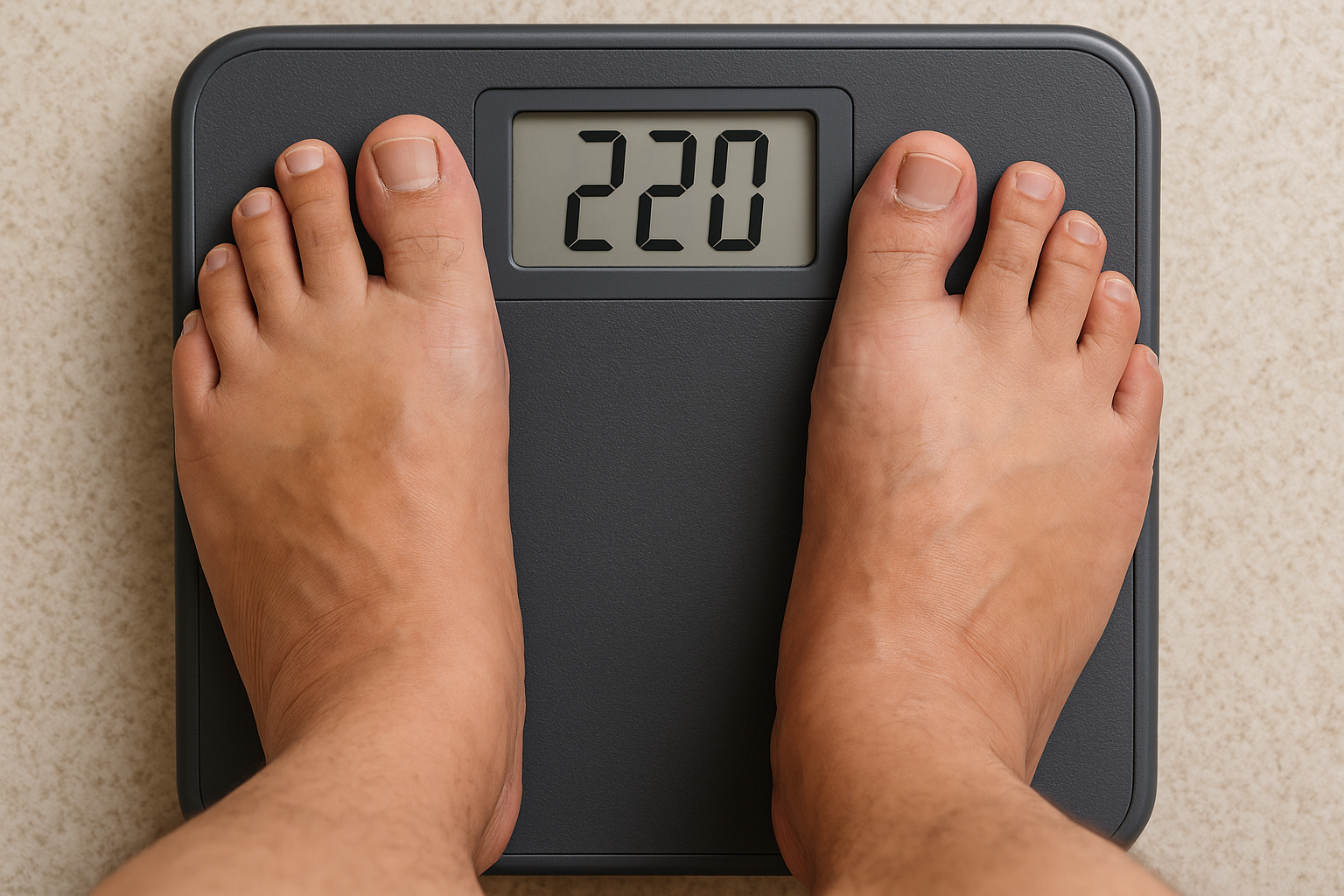
Acupuncture is an ancient healing practice that has been used for thousands of years. While it's a key component of Traditional Chinese Medicine (TCM), it has also gained widespread acceptance in Western cultures for its effectiveness in treating a variety of health conditions. But what is the science behind acupuncture? How does it really work? Let's explore.
The practice of acupuncture is based on the concept of Qi (pronounced "chee"), or life energy, that flows through pathways known as meridians in the body. According to TCM, when the flow of Qi is blocked or imbalanced, it can lead to illness or discomfort. Acupuncture works by stimulating specific points along these meridians, known as acupuncture points or acupoints, to restore balance and promote health.
From a Western medicine perspective, the mechanisms of acupuncture are still not fully understood, but numerous studies have suggested several ways in which acupuncture might work:
Multiple scientific studies support the effectiveness of acupuncture in treating a range of health conditions. For instance, the World Health Organization (WHO) has recognized acupuncture as an effective treatment for over 35 diseases, conditions, and symptoms, from chronic pain to anxiety and insomnia.
Moreover, a growing body of research is suggesting that acupuncture can enhance conventional medical treatments. For example, some studies have found that acupuncture can increase the effectiveness of certain medications or reduce their side effects.
While the exact mechanisms of acupuncture are still being explored, both ancient wisdom and modern research suggest that it can have profound effects on the body and mind. Whether by balancing the flow of Qi or influencing the body's physical processes, acupuncture offers a unique, holistic approach to health and wellness.
If you're interested in experiencing the benefits of acupuncture for yourself, don't hesitate to schedule a consultation with our experienced practitioners. Whether you're dealing with chronic pain, stress, or just looking to improve your overall well-being, acupuncture could offer the solution you're seeking.

